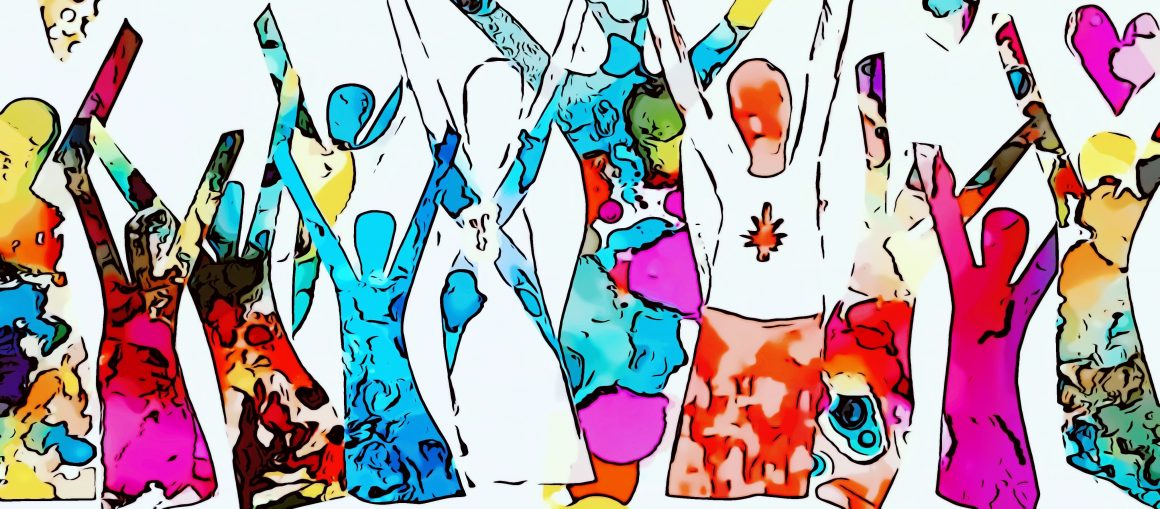Today prejudice, stigmatization and discrimination are deeply embedded in our language, in our beliefs and in the way we interact with one another. Though a mental illness is one aspect of an individual’s life, all too often the label alone bars that one person from achieving a self-directed life with meaningful connections to his or her community.
Dr. Neil Houston Sociologist
When it comes to mental health we want students to:
CONNECT
With someone they trust like their teacher advisor , teacher, coach or other significant adult in the school who can then assist them in connecting …
CONNECTING
With their school counsellor who can assist them in connecting with their doctor, health care provider and or parents to assist them with their mental health concerns
CARE
About mental health and wellness and the impact it can have on themselves or their friends or familes
CONCERNED
We want students to be concerned about their fellow human beings and show COMPASSION when it comes to mental health
COLLABORATE
We want educators to collaborate with us to make a difference when it comes to mental health and wellness
and lastly we want to …
CHALLENGE you to take action and integrate mental health into your curriculums. We challenge you to make a difference when it comes to mental health. Our mental health/wellness committee is working on several ways to make a difference , but one idea started by Peter Damen ( fellow Counsellor) was to have an alternative activity that students could get credit for in every discipline Math, English, Science, Social Studies, Phys. Ed, Music. Art, Drama, CTS etc. What is one activity that you could get students to do that would increase their mental health literacy and reduce stigma?
We CHALLENGE you to become literate yourself when it comes to mental health.
If you get the opportunity go to a training with Dr. Stan Kutcher or a Go to Educator training in your area.
One of important things that Dr. Stan Kutcher discussed during a mental health literacy training that I attended was the difference between:
Mental Health Distress (one example lose your keys)
Mental Health Problem (one example a parent dies)
Mental Health Disorder/Illness (one example clinical depression)
We need to teach our young people the difference between distress, problem and disorder and the Mental Health Curriculum Guide does just that. It teaches students and educators the Mental Health Literacy that they need in today’s world based on present day research on the brain. You may get some ideas here to start to integrate this into the subjects you teach.
Are you ready to take the CHALLENGE? If you come up with some ideas please add it to our community doc. We will be creating a google doc that will be ready in June that we will be sharing with you about all our ideas around mental health and wellness in High School.
We are excited about the many possibilities and hope you will join us in CREATING several resources that will be beneficial to all. You can open this doc to start collaborating. School Counsellors and educators can make a difference when it comes to the mental health / wellness of our students and ourselves. We can work together all across the world to make this happen. Won’t YOU join in ?
Do something today to remain CALM make a difference when it comes to your own mental health. Practice self-care.


